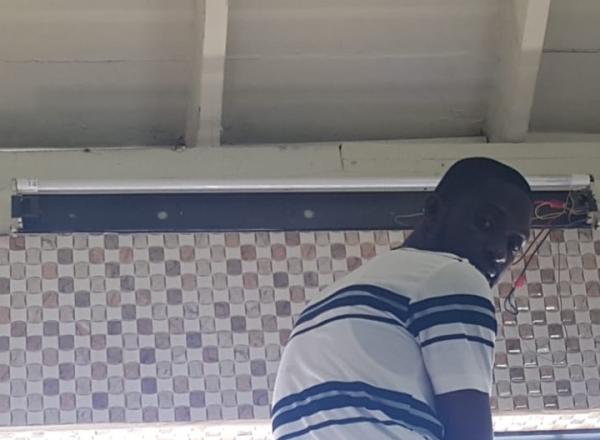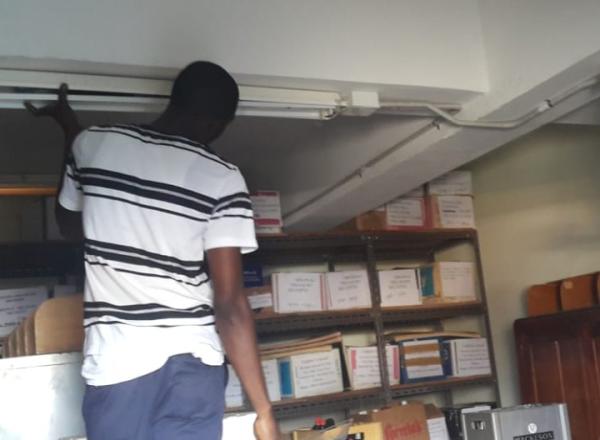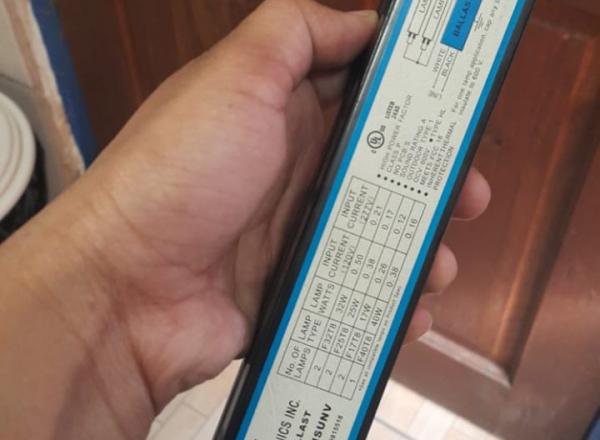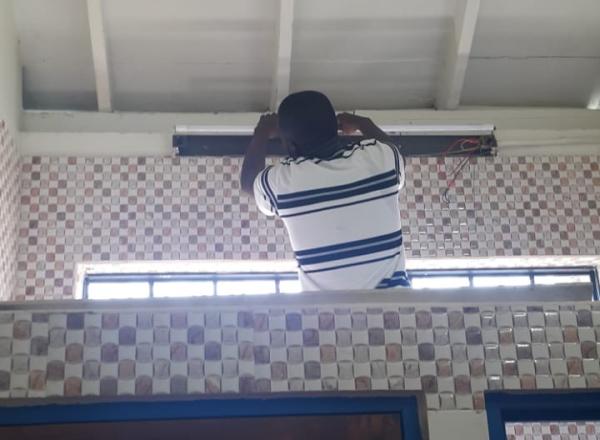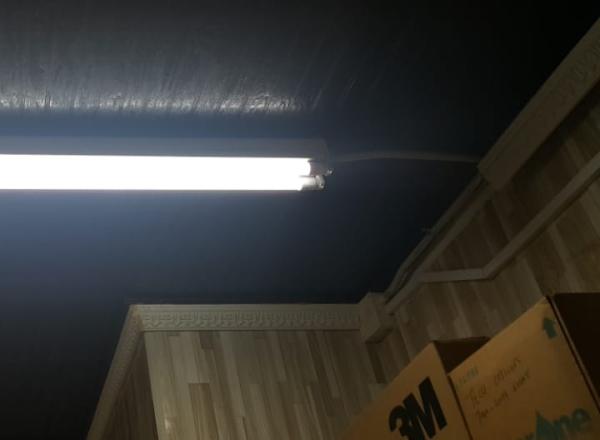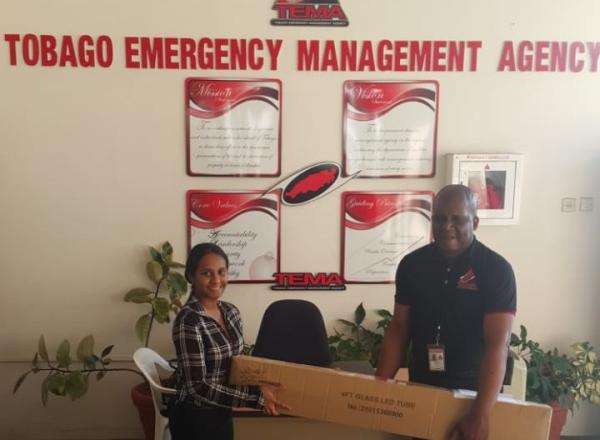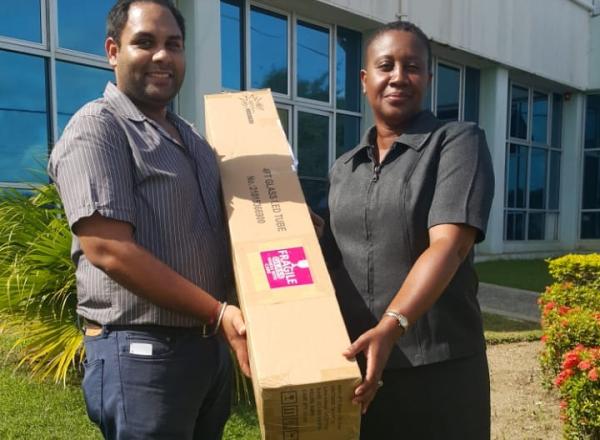Climate Smart Islands
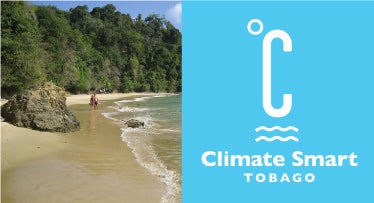
Tobago
In the summer of 2017, IDB launched a climate change mitigation pilot project to support the promotion of energy efficient lighting equipment in selected public buildings in Tobago. This pilot project was selected through an extensive process that included a professional cost-benefit analysis, cost-effectiveness analysis, and a multi-criteria analysis with inputs and feedback from key stakeholders in Tobago. The electricity production sector in Trinidad and Tobago comes with high energy subsidies resulting in low electricity prices compared to other rates in the Caribbean region. Yet, these low costs on energy production lead to a trend of overconsumption with low implementation of energy efficiency or conservation actions. The principal goal of this project is to increase the awareness and use of high energy efficiency technologies in Tobago in line with the intended Nationally Determined Contributions to climate change mitigation (INDC) of Trinidad and Tobago by promoting the use of energy efficient lighting equipment in selected public buildings.
On July 6, 2017, a multi-stakeholder meeting was held at the HIQ Boutique Hotel and Conference in Crown Point in Tobago to review, validate and select the pilot project. The consultation meeting was attended by critical stakeholders including the Water and Sewage Authority, the Tobago Hotel and Tourism Association, the Ministry of Energy, the Ministry of Tourism and Civil Aviation, the Tobago House of Assembly, and the Environmental Management Authority. This process resulted in the selection of the climate change mitigation intervention of demonstrating the energy and cost savings and greenhouse gas (GHG) emission reductions that can be achieved through replacing old light bulbs and other appliances with energy efficient appliances in select public buildings in Tobago. It was accomplished by replacing conventional light bulbs with high energy efficient LED bulbs in selected public buildings. To ensure long-term proficiency, the CCSIP team worked in close collaboration with relevant stakeholders to prepare and execute training and capacity building in the operation and maintenance of the new energy-efficient appliances. Proper equipment such as the CFL Premium Bulb Eater Lamp Crusher for disposal are important facets of a clean and sustainable transition.
Furthermore, data was collected on the reduction in GHG emissions through monitoring done by T&TEC energy company to be shared with the population and visitors for increased awareness. The planned pilot project was launched on October 29th to showcase the potential for reducing the level of emissions currently associated with lighting in building spaces running on power originating from diesel generators on the island. Introduction and use of LED light bulbs and other energy-efficient appliances will lead to measurable reductions in energy consumption and improve the current levels of GHG emissions assessed under the climate diagnostic phase of the CCSIP program.
Implementation
The implementation of this project will demonstrate the following:
- The energy savings and GHG reductions achieved by replacing conventional lightbulbs with high energy efficient LED lightbulbs.
- The energy savings and GHG reductions achieved by introducing behavioral change and increased awareness of light use patterns.
- To showcase how this and similar projects can properly dispose of the old bulbs.
